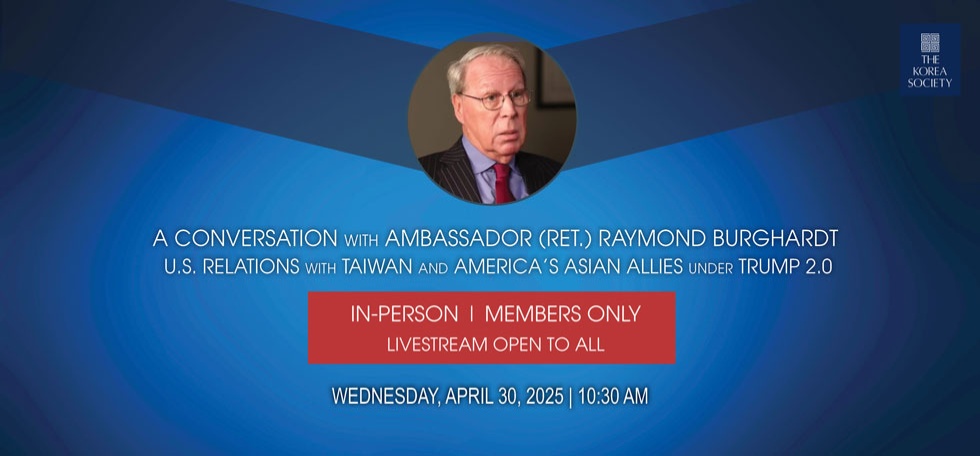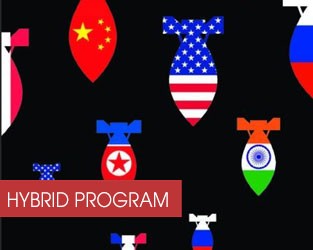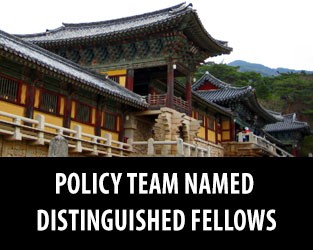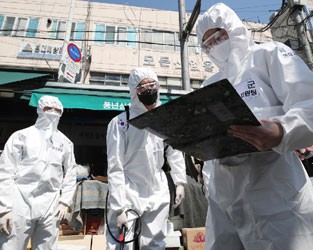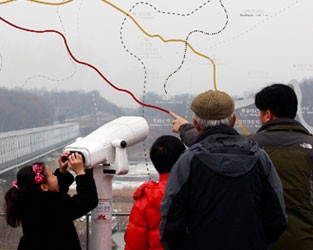![]()

The U.S. and South Korea have promised a bright future for North Korea if it denuclearizes. Reform is fundamentally North Korea's choice. But a successful economic transition will take a long time given that North Korea remains stuck in a low-income trap. Pyongyang’s “marketization from below” and ring-fenced infrastructure projects will not be enough. North Korea will require substantial and sustained amounts of external financing, hence the need for it to establish creditworthiness. The path to a bright future is institutional reform and the normalization of relations with the international community, and the gateway is the IMF.
Simply stated, North Korea must accomplish the following to establish even a modicum of creditworthiness: Restructure external debt, normalize relations with creditors; Engage the IMF, join the World Bank and regional development banks; Seek technical assistance for capacity building; Improve transparency; Obtain an international credit rating; Further strengthen economic institutions.
Korea Society President Tom Byrne and Associate Director of Policy Jonathan Corrado are primary authors of a new report investigating how North Korea might develop creditworthiness in order to finance its post-nuclear development. The report's findings were first presented on June 19, 2019, at The Korea Economic Institute (KEI) in Washington D.C. The project was made possible through the generous support of the Korea Institute for International Economic Policy (KIEP).

